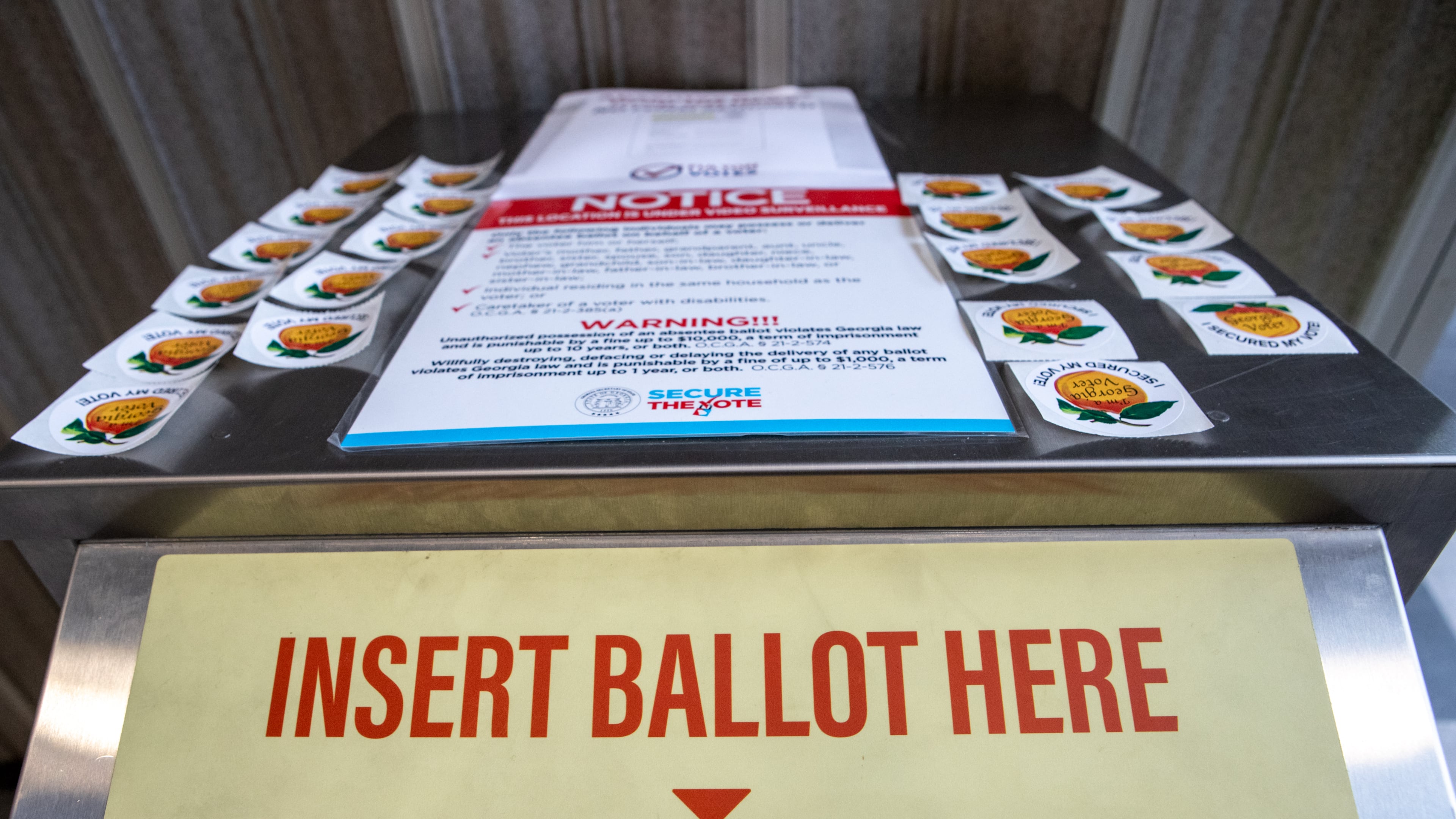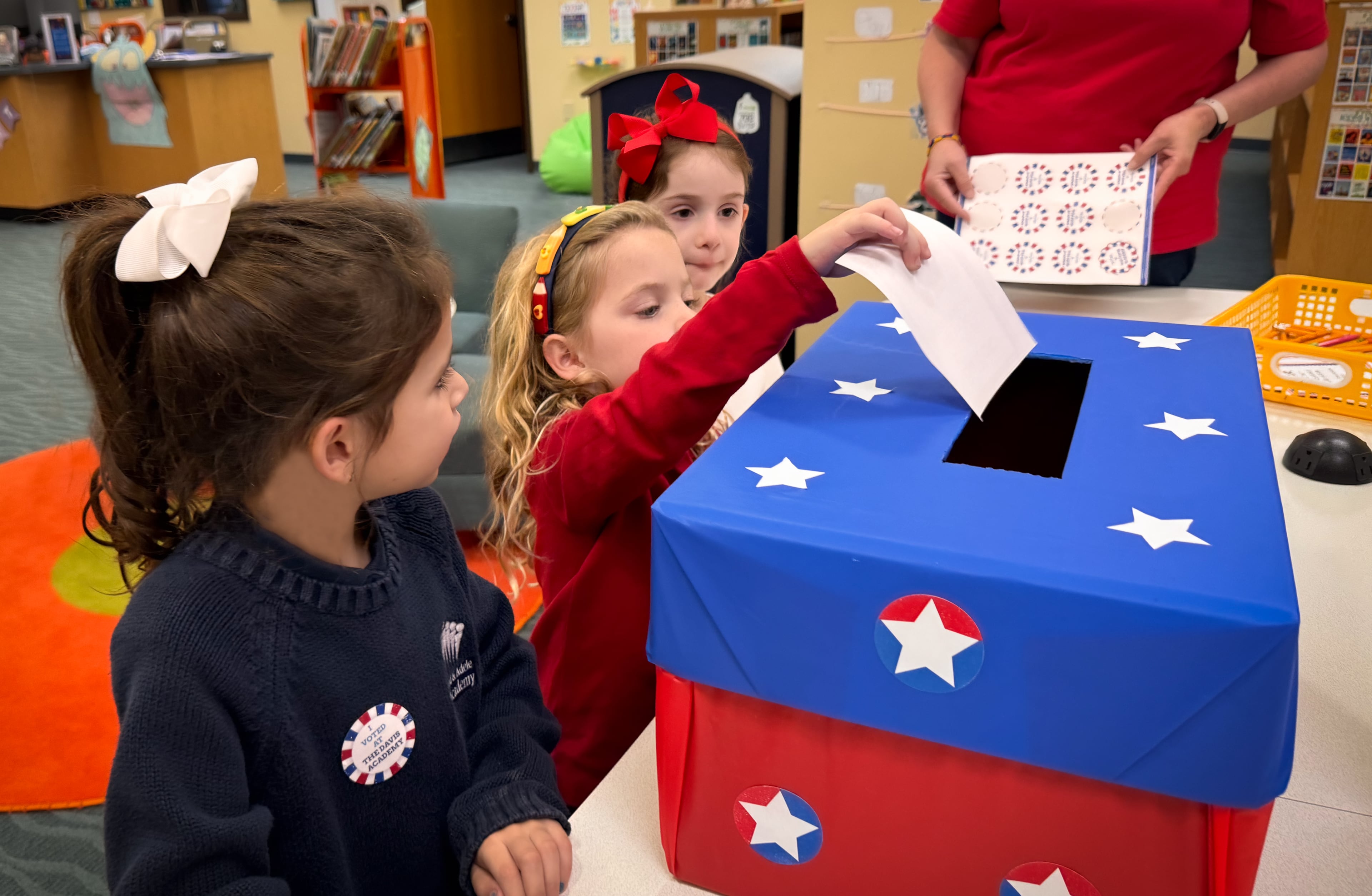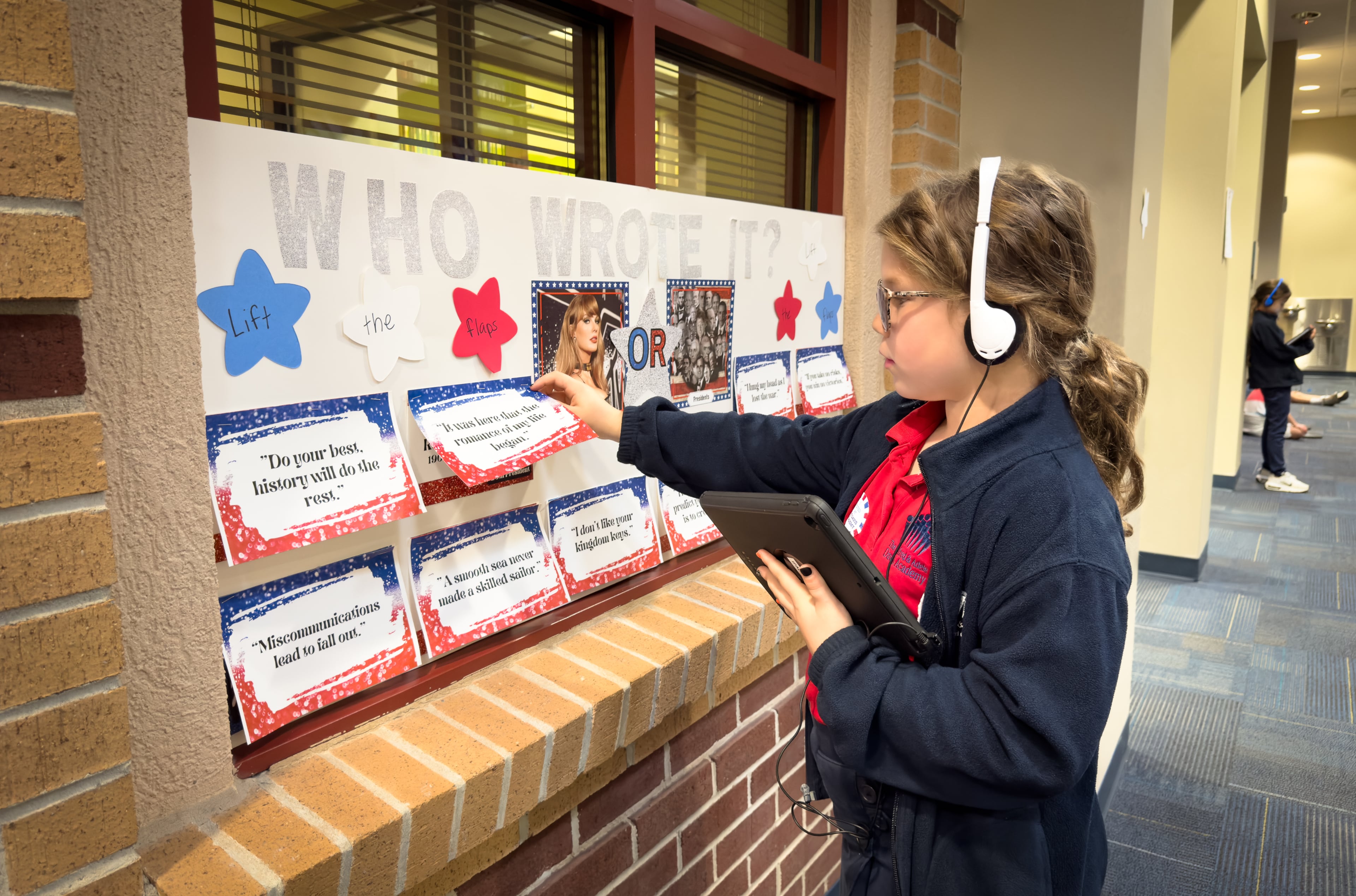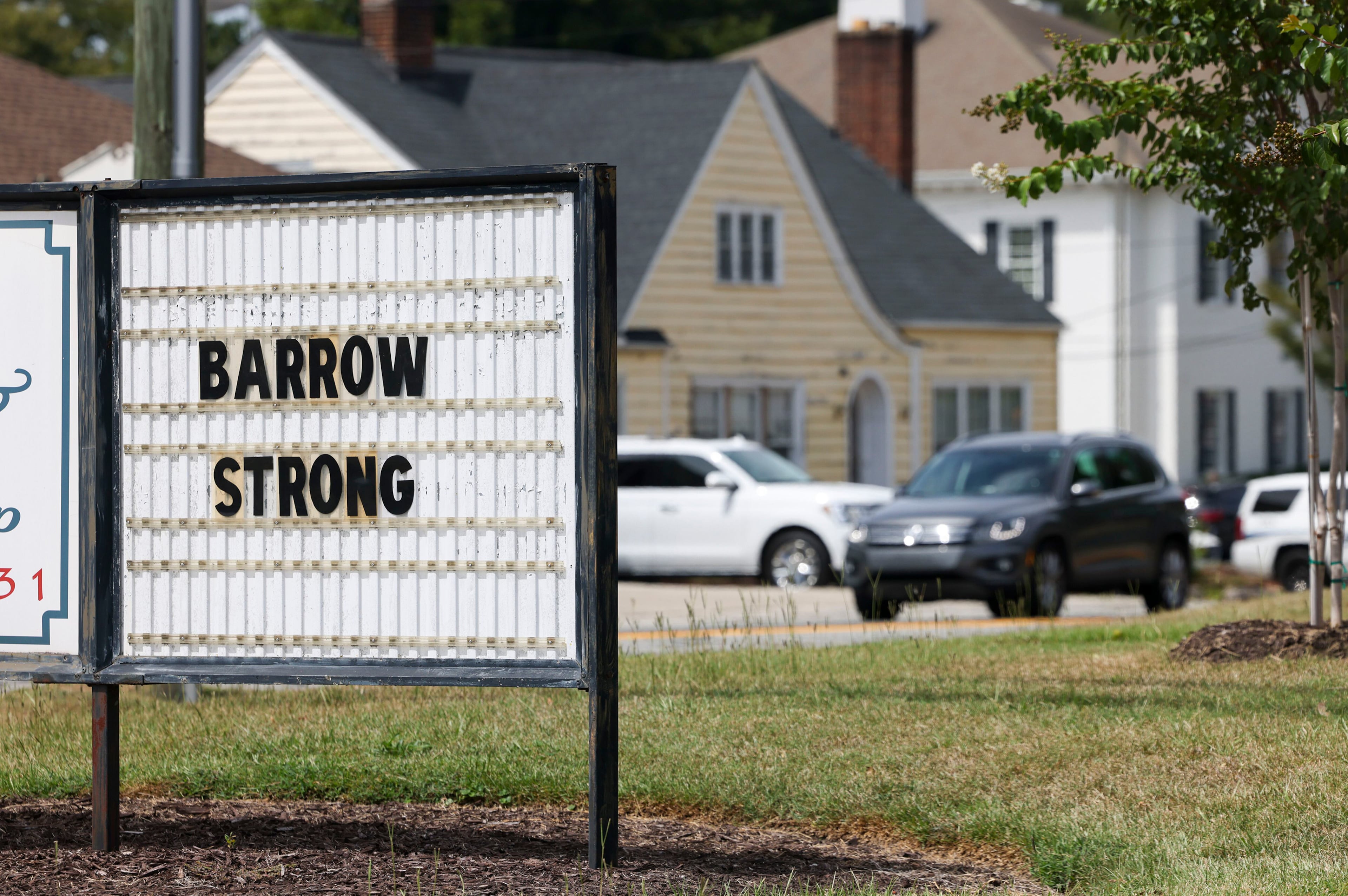An Election Day so tense that parents are asking, ‘How are the kids?’

Despite serving as polling places, my children’s schools used to remain open on Election Day. I never thought the students were at any risk. In fact, I liked that my kids witnessed civic responsibility in action.
I’m not sure I would have the same attitude in 2024, an election year rife with tensions that fuel concerns about children’s safety. Increasingly, public schools, including those in metro Atlanta, close for Election Day or shift to virtual instruction.
A parent on Reddit posed a question that has also cropped up on local parenting forums: “Is anyone else concerned about sending their kids to school the day of or day after elections? I think it’s unlikely the results will be announced by then, but I’m just concerned that things could be crazy. I live in a safe suburban neighborhood and I’m typically not overly cautious, but I definitely have my concerns.”
The more realistic concern among parents appears not to be their child’s physical safety but their mental well-being. In the midst of parent’s own agitation over the heated presidential contest between Vice President Kamala Harris and former President Donald Trump, parents worry their kids are being affected by that uneasiness.
And that uneasiness is widespread.
An AP-NORC Center for Public Affairs Research poll released Thursday found that seven out of 10 voters say they are anxious about the election. An AP-NORC poll conducted in mid-October showed 76% of voters are at least somewhat worried about violence aimed at overturning the election results, including 42% who said they are extremely or very concerned.

America’s jittery state of mind hasn’t been helped by news accounts of election harassment, including an 18-year-old who showed up last week at an early voting site in Florida and threatened two Harris supporters, women ages 71 and 54, with a machete. Today, The New York Times has an investigation into alarming posts on the social media platform Telegram by right-wing groups encouraging violent responses if Trump loses.
Imhotep Academy, the private K-8 school in northwest Atlanta, is planning a staff workday Tuesday, so that means no classes for students. If the election results cause unsafe conditions, Imhotep has told parents it will consider closing the school for additional days.
An elite New York City private school — Jerry Seinfeld’s children attended — added to the national discussion with an email to parents last week that it would excuse “emotionally distressed” students from class the day after the election and provide psychologists to help kids. The email promised: “No matter the election outcome, the school will create space to provide students with the support they may need.”
The email from the Ethical Culture Fieldstone School about what it described as “a high-stakes and emotional time for our community” earned both praise and condemnation. Falling in the latter category, Seinfeld told the Times that the school was encouraging students “to buckle. This is the lesson they are providing, for ungodly sums of money.”
Among the 500-plus comments to the Times story was one from a Texas public school administrator who wrote: “We are concerned about everyone’s behavior Nov. 6. Spin that any way you want; people upset, celebrating, attacking the beliefs of others, trolling others on social media, telegraphing their opinions, lashing out, skipping school, you name it. Families will be up late into the evening watching election returns and will be tired the next morning. I’m anticipating it being a stressful day on multiple levels.”

The Davis Academy, in the Dunwoody-Sandy Springs area, has created a daylong Election Day program Tuesday that avoids the stress by focusing students on the importance of voice and choice and reinforcing the Judaic beliefs in good citizenship and civic duty. Along with activities specific to grade levels, Davis will hold a mock election to decide school issues, such as whether to serve chocolate chip, sugar or oatmeal cookies at a school event next week.
Davis has been holding Election Day programs for many years, said Stacy Brown, the academy’s director of innovation and professional learning. The format threads election history, process and facts with fun activities, including identifying whether a quote came from a U.S. president or Taylor Swift.
At a meeting last week of 23 independent schools mostly in the metro region, Brown said Davis Academy turned out to be the only one planning to address the election with schoolwide activities. “We feel it’s not helpful to turn a blind eye because this is life; this is reality,” Brown said, “and we have to figure out how to peacefully live, work and vote alongside one another.”



